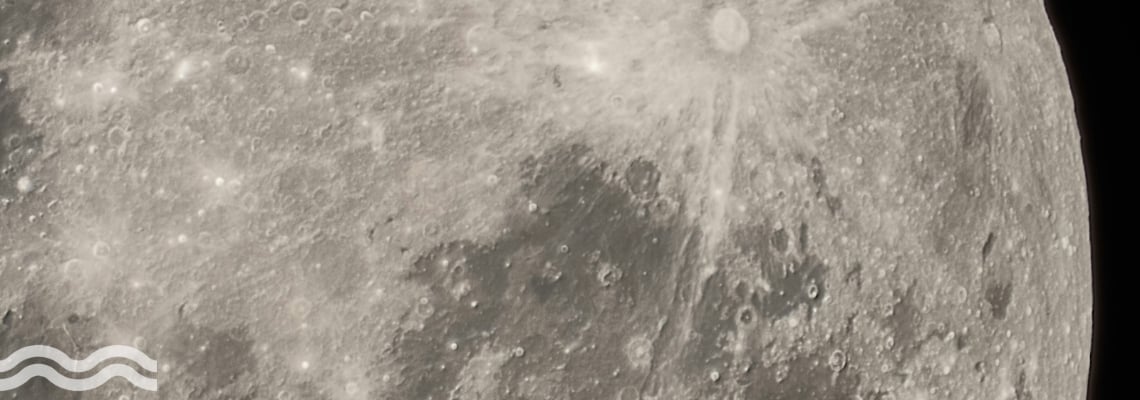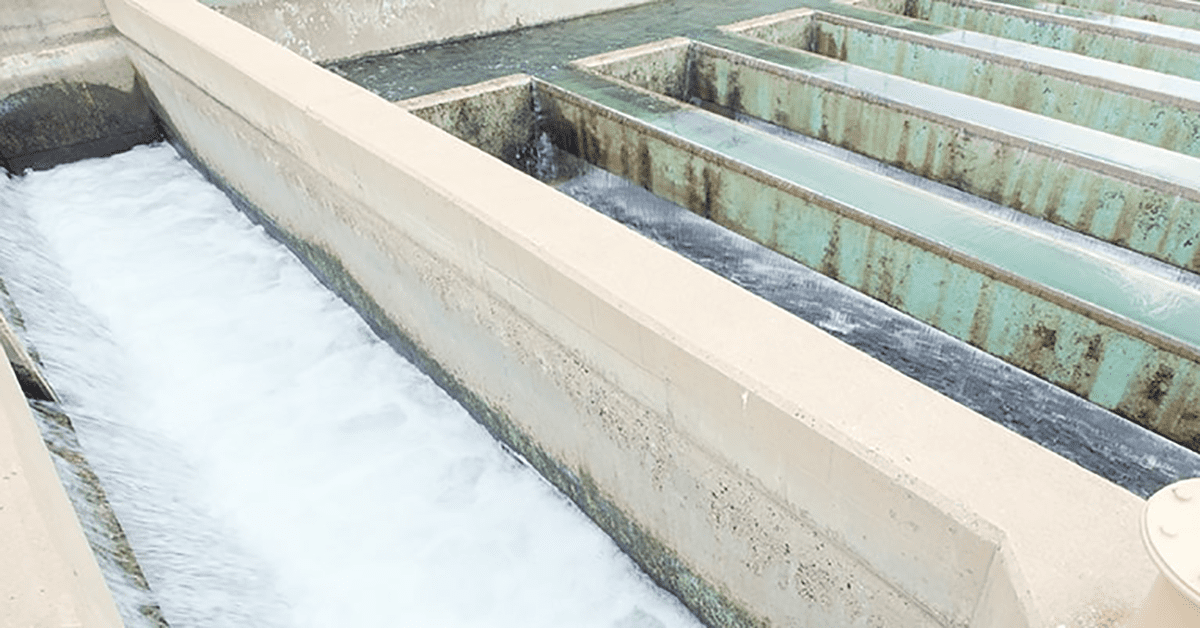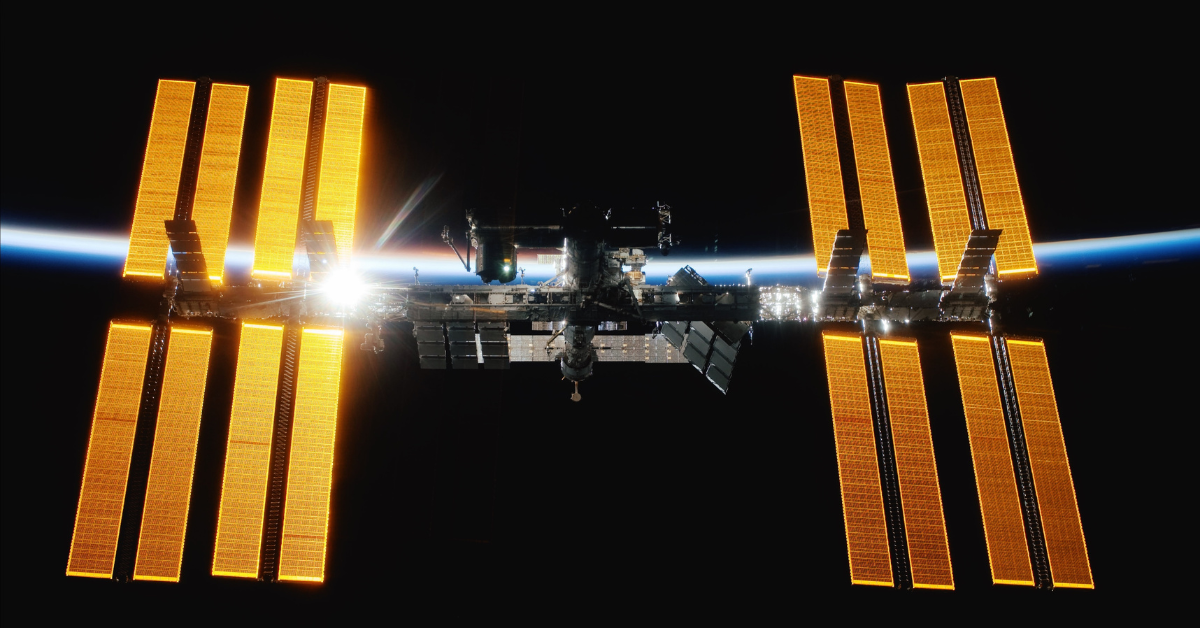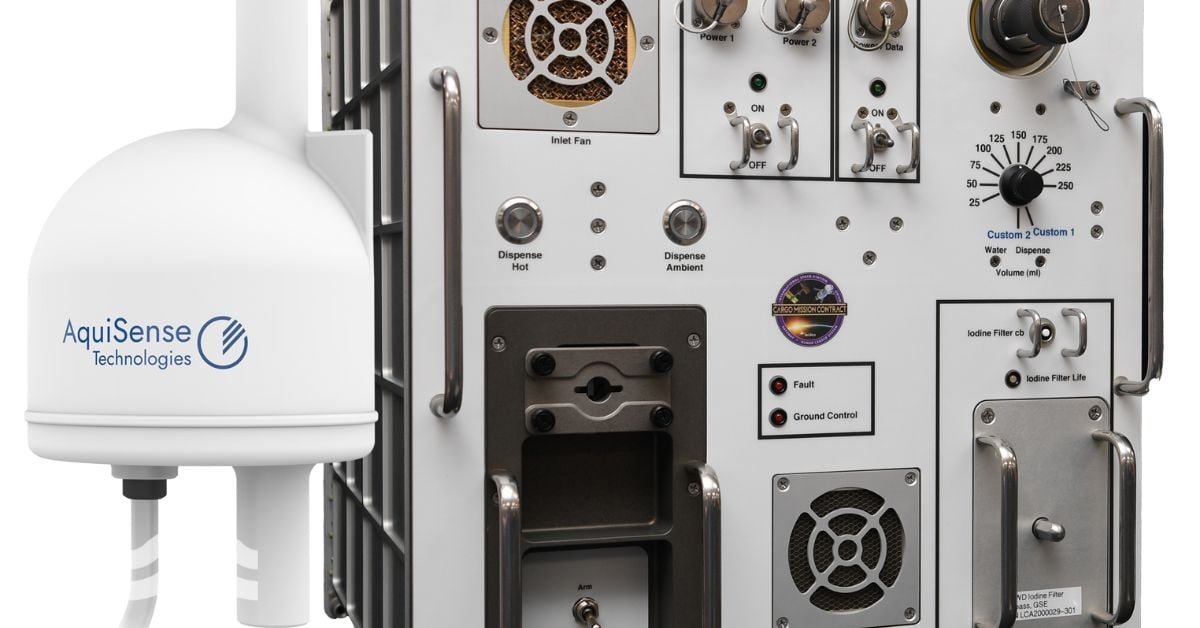Microwave purifier wins lunar water challenge
A technology that uses microwaves to defrost and ultrasound to break down contaminants in melted lunar ice to provide clean, drinkable water for astronauts has won an Aqualunar Challenge.
An international prize for purifying frozen lunar ice
The Aqualunar Challenge is an international prize that aims to promote innovation in technologies that might be used to purify ice frozen in the Moon’s soil that will be essential for any future human habitation on the lunar surface.
There are currently two challenges, one in the UK, which is run by Challenge Works and funded by the UK Space Agency. The other is funded by the Canadian Space Agency and run by Impact Canada.
Meganne Christian, European member of the astronaut reserve, commercial exploration at the UK Space Agency and chair of the Aqualunar Challenge judging panel, said: “NASA has set the goal of establishing a permanent crewed base on the Moon by the end of the decade. The Artemis programme, as it is known, is supported by the UK Space Agency through its membership of the European Space Agency.”
She added: “Astronauts will need a reliable supply of water for drinking and growing food. 5.6 per cent of the soil (known as ‘regolith’) around the Moon’s south pole is estimated to be water frozen as ice. If it can be successfully extracted, separated from the soil and purified, it makes a crewed base viable.”
The water will also be essential for splitting into oxygen for air and hydrogen for fuel that could potentially allow deep space exploration that is currently unachievable from earth.
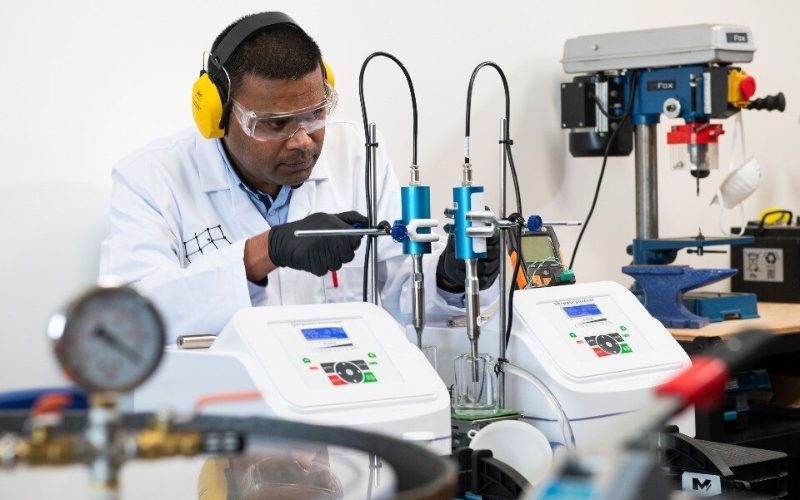
[Credit Max Alexander]
UK challenge won by innovative microwave technology
The UK challenge, which had a total prize fund of £1.2 million, has been won by Naicker Scientific with its SonoChem System. The SonoChem System employs Naicker Scientific’s groundbreaking core technology to purify water derived from lunar ice.
Harnessing powerful sound waves, it spontaneously forms millions of tiny bubbles in contaminated water. The extreme temperature and pressure created within each micro bubble generates free radicals (unstable atoms which are highly chemically reactive) which effectively removes contaminants.
The team, led by technical director, Lolan Naicker, was awarded £150,000 for winning. He explained that the technology had potential not just in the lunar environment but also on earth.
“Imagine digging up the soil in your back garden in the middle of winter and trying to extract frozen water to drink. Now imagine doing it in an environment that is -200°C, a nearly perfect vacuum, under low gravity, and with very little electrical power. That’s what we will have to overcome on the Moon.”
He added: “If we can make the SonoChem System work there, we can make it work anywhere, whether that’s on Mars’ glaciers, or here on Earth in regions where accessing clean water is still a challenge.”
The universal application of the technology was echoed by science minister, Lord Vallance: “The Aqualunar Challenge was set up to overcome one of the most significant obstacles to humans surviving on the Moon or other planets – the availability of clean drinking water. By teaming up with our Canadian partners and harnessing the wealth of talent and creativity found across the UK, the challenge has uncovered a range of new ideas, including Naicker Scientific’s SonoChem system.”
He added: “Many of these ideas could not only fuel future space exploration, but also help improve lives and solve water shortages here on Earth - mitigating the impacts of climate change as we work towards a net zero future.”
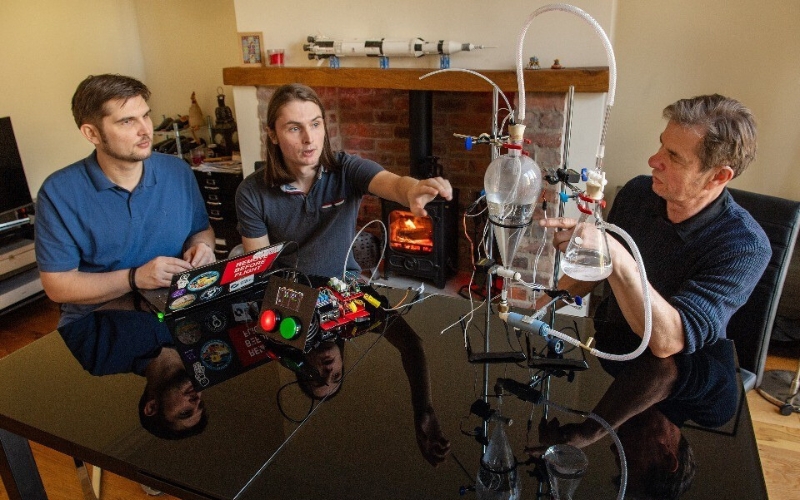
[Credit Max Alexander]
Ten finalists all receive funding for lunar water innovation
Ten finalist teams were each awarded £30,000 seed funding in July 2024 to develop their technologies in pursuit of the prize and provided with a comprehensive package of non-financial support, including expert mentoring and access to testing facilities.
While Naicker Scientific was awarded the £150,000 first prize, the two runners up were awarded £100,000 and £50,000 respectively.
The first runner up place went to FRANK (Filtered Regolith Aqua Neutralisation Kit), which was developed by father and sons team RedSpace Ltd. This involved a three-stage approach designed to deliver a continuous flow of drinking-grade water in a lunar environment. The first stage heats a regolith sample in a sealed chamber to separate off volatile gases and leave a liquid of water, methanol and regolith fragments. This liquid is then passed through a membrane to remove solid particles. The remaining liquid is distilled to separate the methanol from the water.
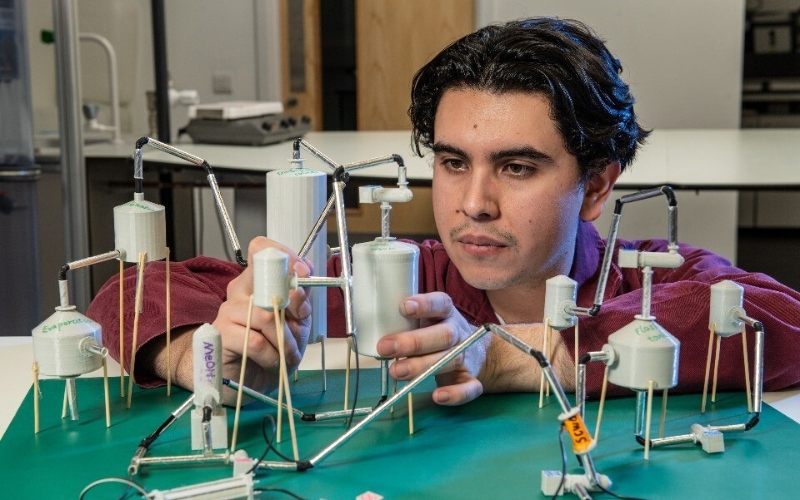
[credit Max Alexander]
The second runner up was AquaLunarPure: Supercritical Water Purification on the Moon, which was developed by Queen Mary University of London. Lunar ice is melted in a reactor to separate dust and rock particles. It is then heated to more than 373°C at 220 bars of pressure to turn it into ‘supercritical water’ – the water is not a solid, a liquid or a gas, but a fourth state that appears like a thick vapour – in which oxidation removes all contaminants in one step.
Share your water technology stories with us
Do you have an innovation, research results or an other interesting topic you would like to share with the international water technology industry? The Aquatech website and social media channels are a great platform to showcase your stories!
Please contact our Sr Brand Marketing Manager Annelie Koomen.
Are you an Aquatech exhibitor?
Make sure you add your latest press releases to your Company Profile in the Exhibitor Portal for free exposure.
We promise never to send you spam and you can unsubscribe at any time!
